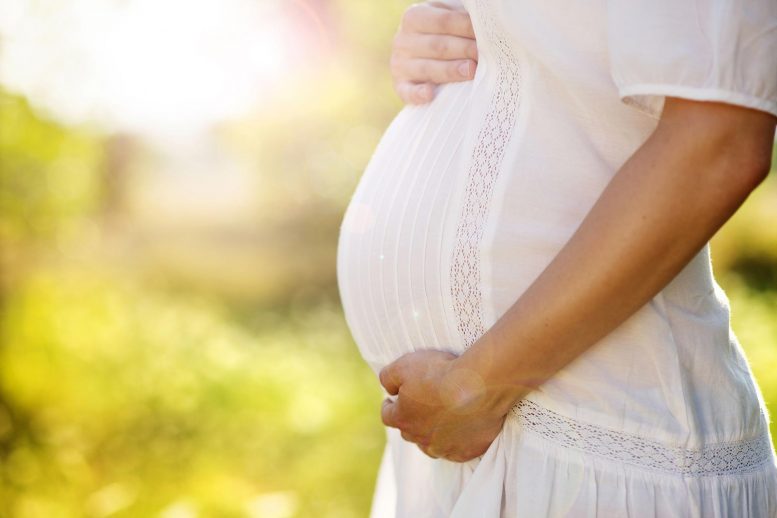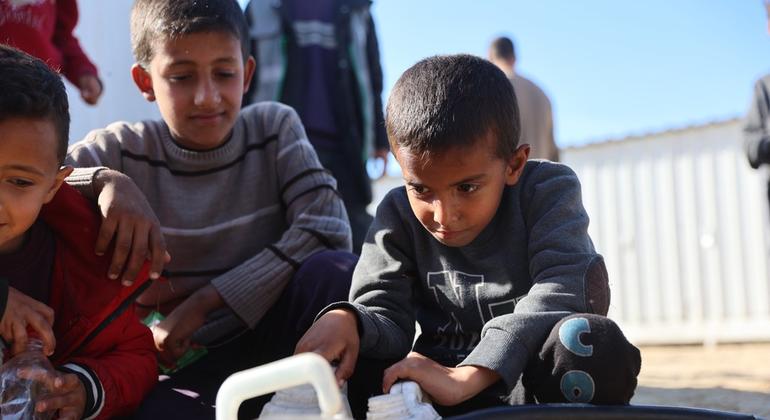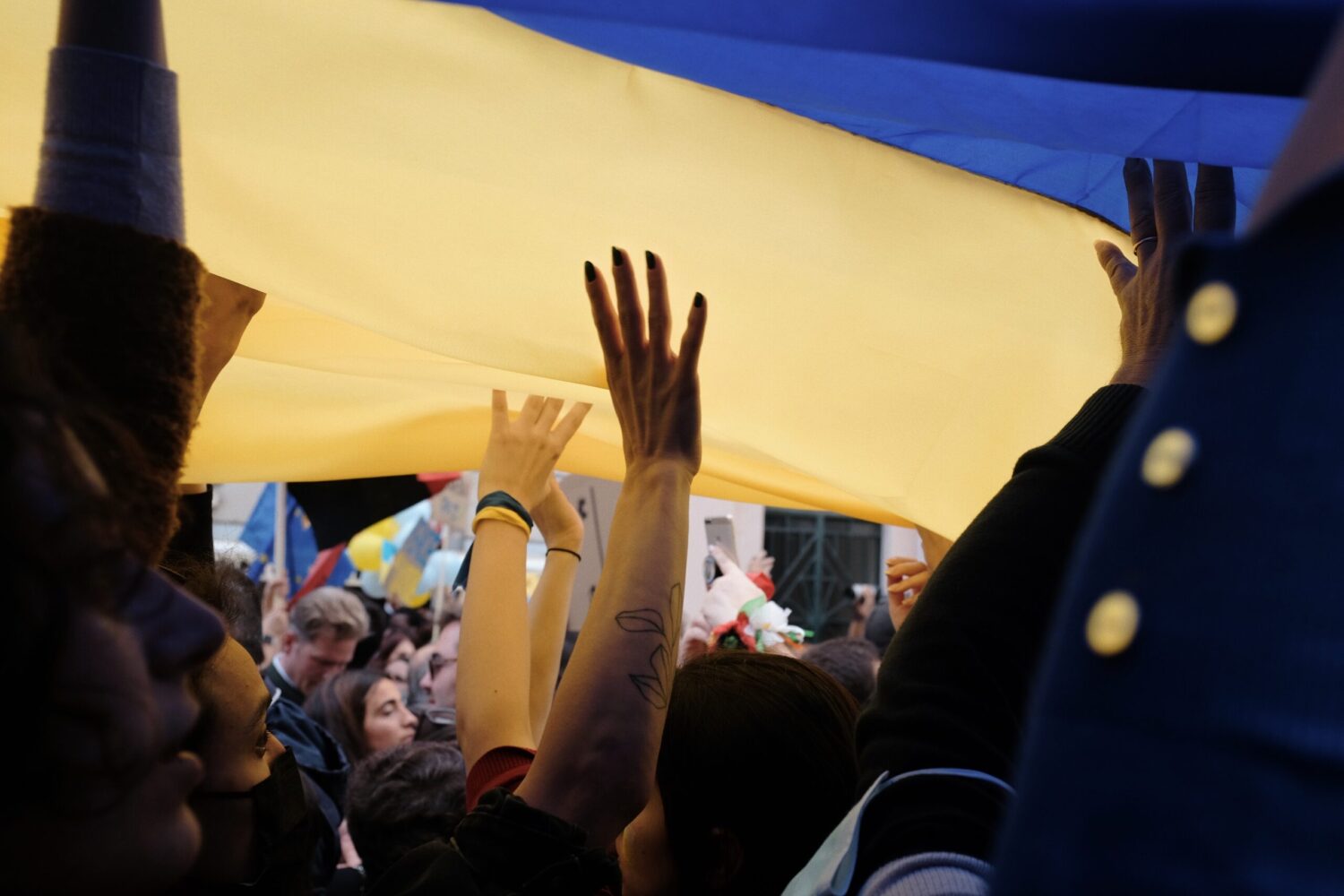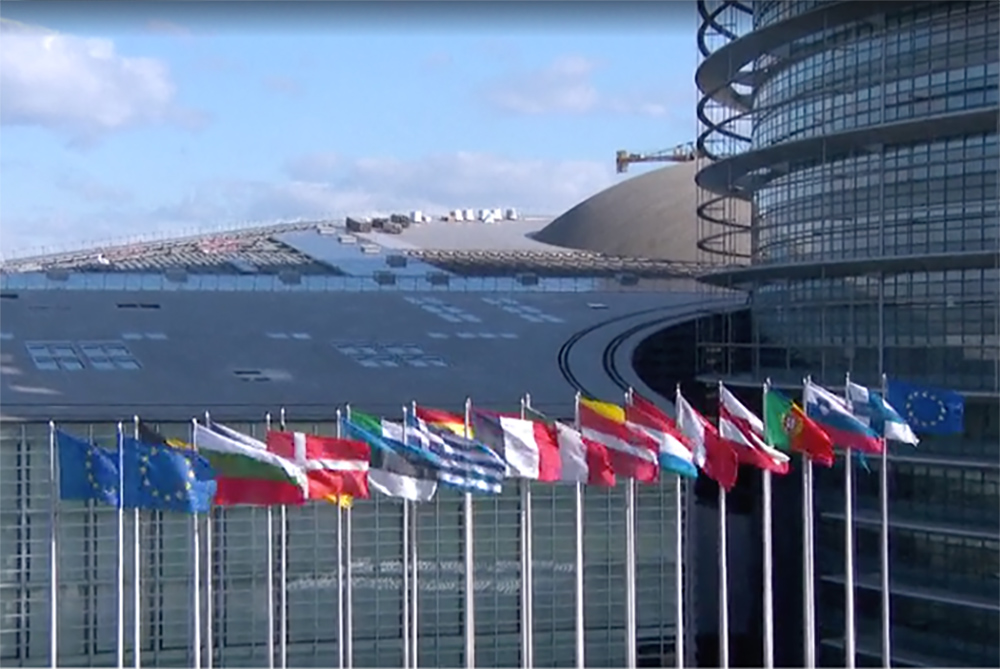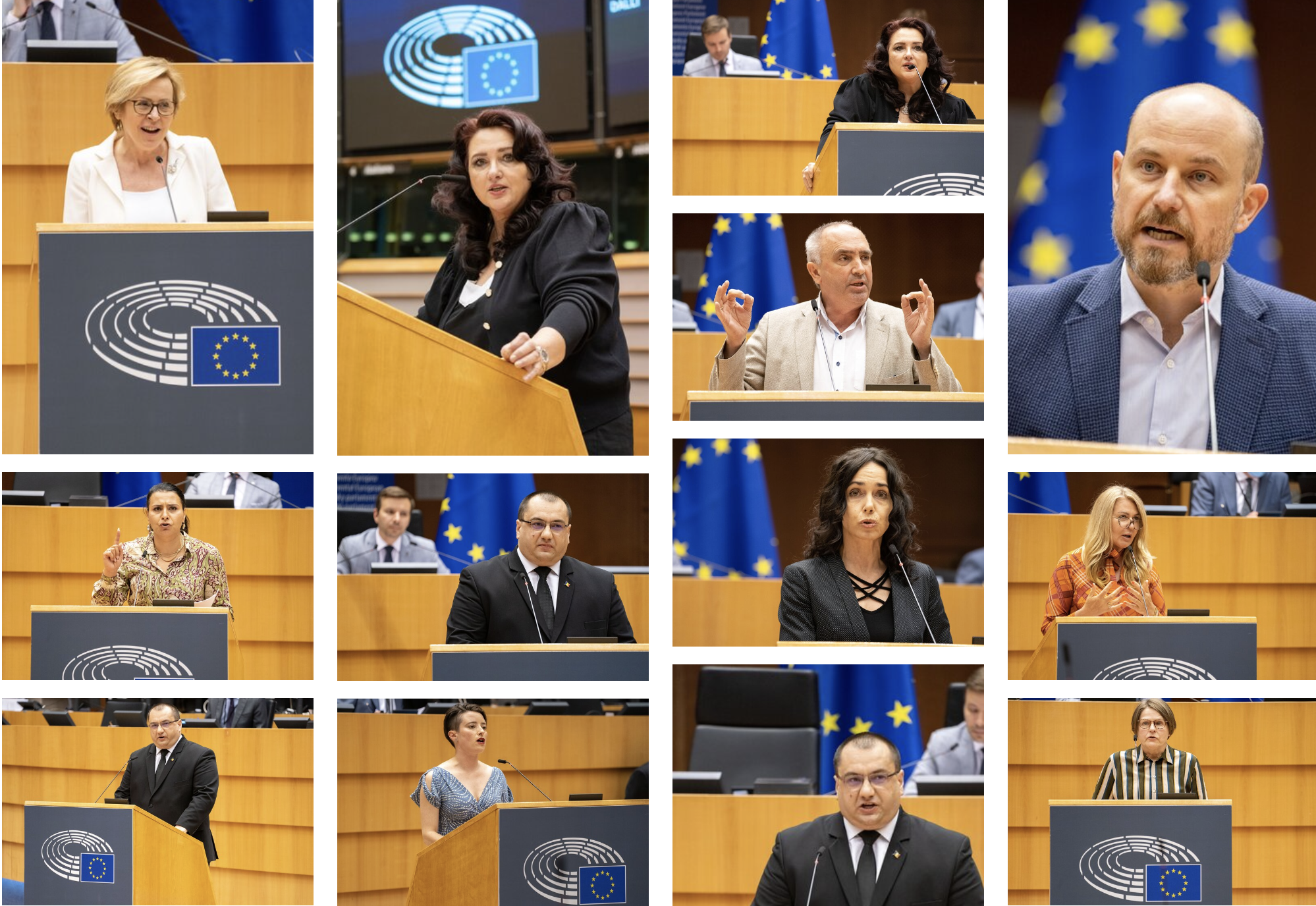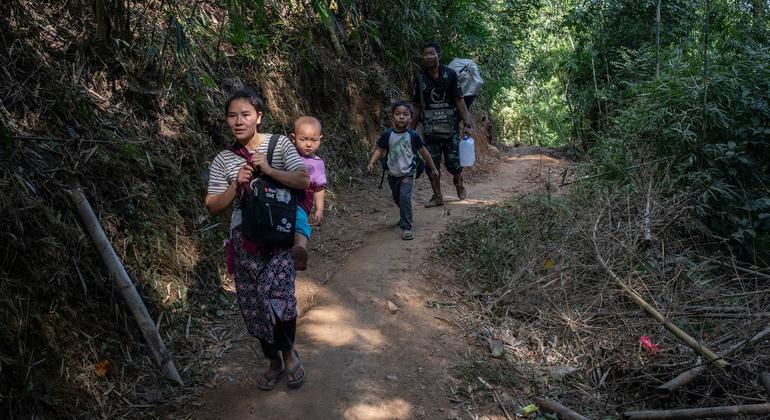A new study presented at the European Psychiatric Association Congress 2024 reveals a significant association between prenatal cannabis use disorder (CUD) and an increased risk of specific mental health problems.
Cannabis remains by far the most consumed illicit drug in Europe. Around 1.3% of adults in the European Union (3.7 million people) are estimated to be daily or almost daily users of cannabis. Though males have a typically higher prevalence with regards to cannabis use, the latest statistics show that women are catching up with men in drug use, especially in the younger population.
There is increasing concern around the increase in cannabis use observed in younger females in the EU, especially among pregnant and breastfeeding women. This concern is amplified by recent studies that have shown that the content of the psychoactive substance in cannabis (THC) is currently around 2-fold higher than it was 15–20 years ago, therefore increasing the risk of adverse effects for young women and their offspring following use when pregnant.
This large-scale study, conducted by researchers at Curtin University in Australia, analysed data from over 222,000 mother-offspring pairs in New South Wales, Australia. The research team utilised an innovative approach, leveraging linked data from health registries, ensuring both the exposure (prenatal CUD) and the identified symptoms of mental health problems were confirmed using diagnostic tools based on the ICD-10-AM classification system.
The study found that children born to mothers with prenatal CUD had a double risk of symptoms associated with the diagnosis ADHD, and other mental health problems compared to offspring without such exposure. A significant interaction effect was also found between prenatal CUD and maternal smoking. Additionally, the research found synergistic effects between prenatal CUD and other pregnancy complications, such as low birth weight and premature birth and potentially developing the same mental health problems.
These findings highlight the potential long-term consequences of cannabis use during pregnancy and emphasise the importance of preventive strategies.
Professor Rosa Alati, Head of the Curtin School of Population Health and senior author of the study, noted “These findings highlight the need to increase awareness of the risks associated with cannabis use during pregnancy among women planning to become pregnant.”
“This study is unique because it utilises linked data with confirmed diagnoses, providing a more robust picture of the potential risks associated with prenatal cannabis use. The results underscore the need for public health education campaigns and clinical interventions to raise awareness about the potential risks of cannabis use during pregnancy and to support women in making informed decisions regarding their health and the well-being of their children,” explains Dr Julian Beezhold the Secretary General of the European Psychiatric Association.



